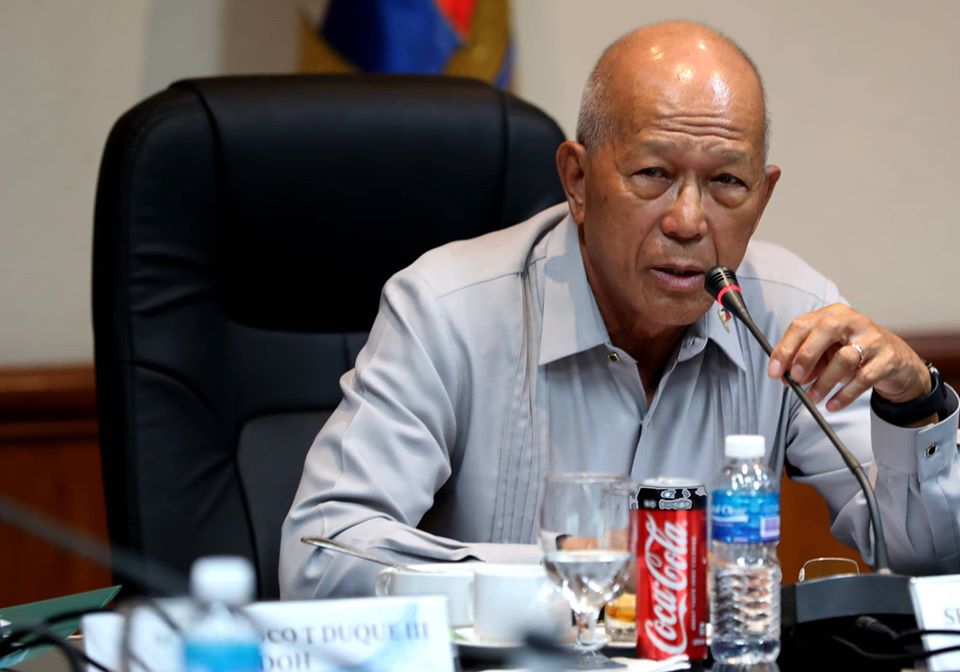
Defense Secretary Delfin Lorenzana. DND PHOTO
MANILA, Philippines—The Department of National Defense, through Secretary Delfin Lorenzana, welcomed the approval through two House committees of a proposed bill that is seen to bolster the government’s anti-terrorism policies despite its controversies.
The House Committees on Public Order and Safety and on National Defense and Security adopted on Friday Senate Bill 1083 or the Anti-Terrorism Act of 2020 that was passed in the Upper House on February 26.
“The DND welcomes the approval by the House Committees on Public Order and Safety and, and National Defense Security of a proposed bill which will strengthen the government’s response against terrorism,” said Lorenzana in a statement Saturday.
Senate Bill 1083 repealed the Human Security Act of 2007 that Lorenzana described as passé.
“The Human Security Act of 2007 is no longer responsive to the evolving nature of the threats we face, hence the need for a new law,” said Lorenzana.
Senator Panfilo Lacson, a former Police Chief, sponsored the bill that described terrorist activities as acts that “intimidate the general public or a segment thereof, create an atmosphere or spread a message of fear, to provoke or influence by intimidation the government or any of its international organization, or seriously destabilize or destroy the fundamental political, economic, or social structures of the country, or create a public emergency or seriously undermine public safety.”
Critics of the bill fear that it might be used in scrupulous red-tagging especially with its provision that allows “detention without judicial warrant of arrest.”
Senate Bill 1083 also removes compensation of P500,000 a day for those who were wrongfully detained with detention reaching up to 14 days.
Senators Francis Pangilinan, who voted against the passage of the bill with Senator Isa Hontiveros, said the new legislative measure would allow law enforcers or military personnel to keep a keen eye on private individuals.
“[It would] compel telcos to divulge their calls and messages, arrest these people without warrant and detain them for an extended 14 days,” said Pangilinan back in February.
“At a time when legitimate critics and democratic dissent are being silenced, the Human Security Act could be likened to a certain extent the anti-subversion law during Martial Law, and may be used against opposition leaders,” added Pangilinan.
Hontiveros argued that certain provisions in the new bill—specifically those allowing the preliminary proscription of suspected terrorist organizations prior to getting heard in court, and lowering the standards for warrantless arrests—may “go too far and might lead to a number of pernicious consequences.”